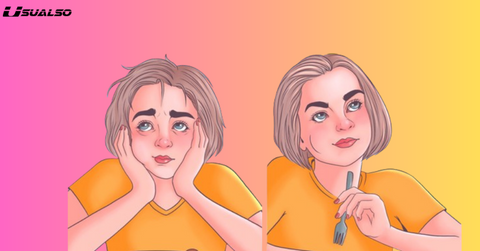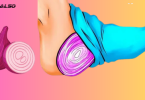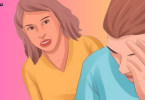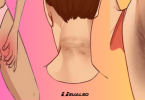Self-isolation:
While some people with depression withdraw from social interactions completely, others may selectively isolate themselves while still maintaining some semblance of social engagement. They may cancel plans at the last minute or avoid gatherings, preferring solitude over expectations of social interaction.

People pleaser:
People with covert depression may go to great lengths to please others, seeking validation and approval as a way to mask their own insecurities and self-doubt. They may prioritize the needs of others over their own well-being, neglecting their own emotional needs.
Perfectionism:
A perfectionist mindset is common among people with covert depression, driven by a relentless need to meet impossibly high standards. They may set unrealistic expectations for themselves and experience deep self-criticism when they inevitably fail.






